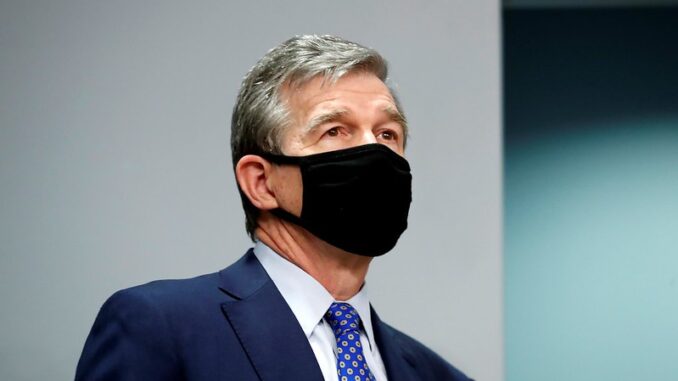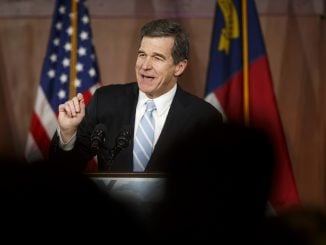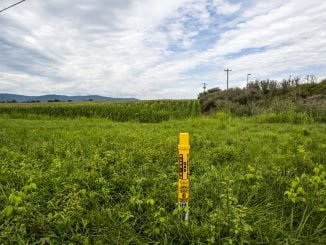
One year ago, Governor Roy Cooper declared a state of emergency in North Carolina due to the spread of COVID-19. Since then, the governor has issued an additional 84 executive orders since, 60 of which related to COVID-19. Because of statutory powers, these are unilateral orders developed behind closed doors that go unchecked, as do most executive branch actions taken during a state of emergency.
In North Carolina, a state of emergency may be declared by the governor or by a resolution of the General Assembly, if either of these finds that an emergency exists. Paramount is the power given to the governor, power that eclipses the bureaucratic authority woven into the North Carolina Emergency Management Act.
While the Secretary of the Department of Public Safety is tasked with oversight and control of emergency management in North Carolina, and the Division of Emergency Management is delegated the responsibility and authority to respond to emergencies and disasters, nearly every decision made regarding COVID-19 has come from the governor or the Secretary of the Department of Health and Human Services. The decision to cast aside the intended structure of the state’s emergency response team can lead to unforced errors that cost our state and citizens dearly.
To find the errors of mismanaging emergency authority, look no further than our state’s vaccination rollout.
The follies of our state’s vaccination rollout plan were well-documented, and business leaders had to step in after it became clear the initial rollout plan was failing to get shots in arms. Some point out that we would have been better served to empower our state’s tactical and logistical professionals in the Department of Public Safety, which includes the National Guard, Emergency Management and State Highway Patrol among others from the outset.
Though the governor announced creation of his COVID-19 Task Force early in the pandemic, uncovering who serves on this task force is no easy task, and all we can definitively say is that Governor Cooper and DHHS Secretary Mandy Cohen are in control. The governor’s actions don’t break any rules but do show how powerful the chief executive of the state becomes under a prolonged state of emergency.
Pinnacle to the governor’s emergency powers, however, are the rules allowing for unlimited duration of a declaration.
According to analysis from the Maine Policy Institute, North Carolina is one of only 15 states that have no limit on declaration of emergency duration. The majority of states have a 30-day limit, others have 15 and some have 60 days. Further, of those 15 with no duration limit, North Carolina is one of just 6 where a declaration issued by the governor can only be terminated by the governor.
Consequently, under current state law, the governor can keep the state of emergency, and keep issuing executive orders that are only permitted under a state of emergency for as long as he desires.
This type of authority does not align with the collective wisdom that has been so beneficial to the state and country. The current power structure under emergencies has led to once-a-week controlled press briefings that offer little to no insight on the decision-making process. The now cliché term “science and data” is used repeatedly as (1) justification for executive orders and their components, and (2) the basis to ignore any legal challenge or legislative change to executive actions.
This is not to criticize the state’s response to COVID-19 but rather to question the process of executive order development and the endless duration of power that is granted to the chief executive during a self-declared state of emergency. Invoking a reasonable time limit that is in line with what the majority of states have established would serve as an appropriate check on power. It would better represent the state if compromise could be reached via joint resolution, as opposed to the whim of one individual.
Collective wisdom is needed now, and it begins with reigning in the excessive authority of our emergency declaration powers.
Randy Brechbiel is a project manager at The Results Company, a public affairs firm in Raleigh



